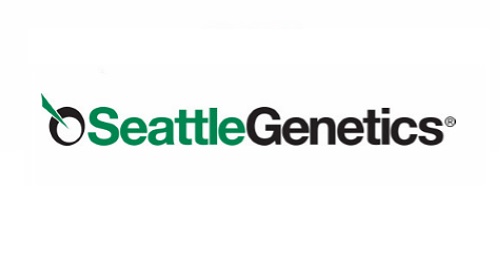
Seattle Genetics has announced that the US Food and Drug Administration (FDA) has accepted for filing a supplemental Biologics License Application (BLA) based on data from the phase 3 ALCANZA trial and two phase 2 investigator-sponsored trials of Adcetris (brentuximab vedotin) in patients with cutaneous T-cell lymphoma (CTCL). In November 2016, the FDA granted Adcetris Breakthrough Therapy Designation (BTD) for the treatment of patients with CD30-expressing mycosis fungoides and primary cutaneous anaplastic large cell lymphoma who require systemic therapy and have received one prior systemic therapy. These represent the most common subtypes of CTCL. The FDA granted Priority Review for the application and the Prescription Drug User Fee Act (PDUFA) target action date is December 16, 2017. Adcetris is currently not approved for the treatment of CTCL
“The FDA’s filing of our supplemental BLA with Priority Review status represents a significant milestone towards our goal of making Adcetris available to CTCL patients who require systemic therapy,” said Jonathan Drachman, M.D., chief medical officer and executive vice president, Research and Development of Seattle Genetics. “Results from our positive phase 3 ALCANZA trial demonstrated that using Adcetris in this setting significantly improved the rate of objective responses lasting at least four months with a manageable safety profile. Data from two investigator-sponsored trials in a broader patient population were included in the submission to further support Adcetris use in this disease setting. We look forward to working with the FDA during the review of our application for Adcetris in CTCL, which, if approved, would be the fourth indication for this product.”
The supplemental BLA is primarily based on positive results from a phase 3 trial called ALCANZA that were presented at the 58th American Society of Hematology (ASH) annual meeting in December 2016 and published online in the Lancet in June 2017. Results from the ALCANZA trial in 128 CTCL patients requiring systemic therapy included: The trial achieved its primary endpoint with the Adcetris treatment arm demonstrating a highly statistically significant improvement in the rate of objective response lasting at least four months (ORR4) versus the control arm as assessed by an independent review facility. ORR4, as assessed by Global Response Score, was 56.3 per cent in the Adcetris arm compared to 12.5 per cent in the control arm (p-value <0.0001).
Key secondary endpoints specified in the protocol, including complete response rate, progression-free survival and reduction in the burden of symptoms during treatment (Skindex-29), were all highly statistically significant in favor of the Adcetris arm. The safety profile associated with Adcetris from the ALCANZA trial was generally consistent with the existing prescribing information. The most common adverse events of any grade include: anemia, peripheral sensory neuropathy, nausea, diarrhea, fatigue and neutropenia.
Based on discussions with the FDA, additional data from two investigator-sponsored phase 2 trials have also been incorporated into the supplemental BLA to support the potential for a broader label in CTCL.
Us fda accepts seattle genetics, sbla for adcetris, ctcl, grants priority review status